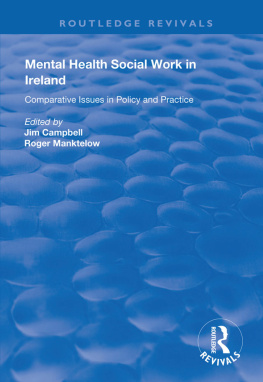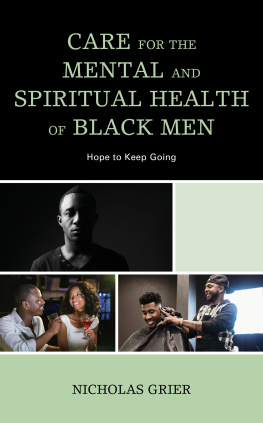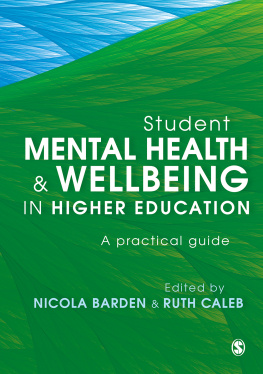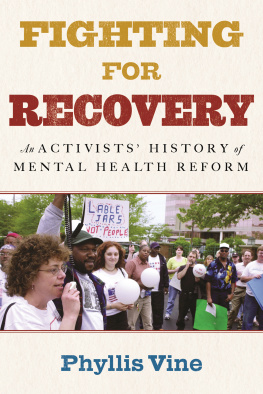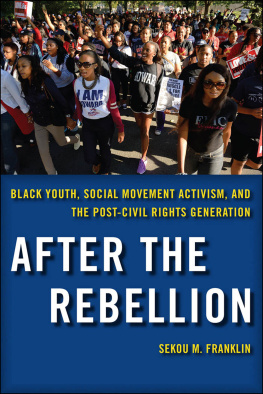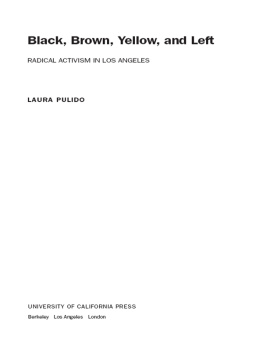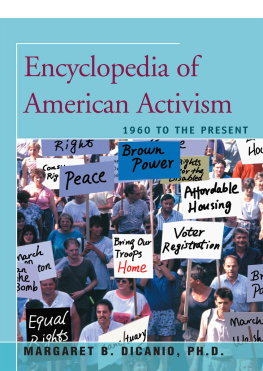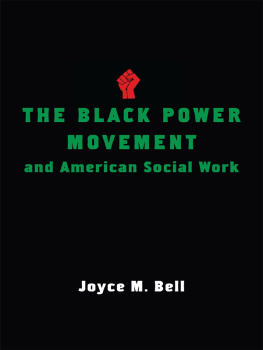Osizwe Raena Jamila Harwell - This Womans Work: The Writing and Activism of Bebe Moore Campbell
Here you can read online Osizwe Raena Jamila Harwell - This Womans Work: The Writing and Activism of Bebe Moore Campbell full text of the book (entire story) in english for free. Download pdf and epub, get meaning, cover and reviews about this ebook. year: 2016, publisher: Univ. Press of Mississippi, genre: Politics. Description of the work, (preface) as well as reviews are available. Best literature library LitArk.com created for fans of good reading and offers a wide selection of genres:
Romance novel
Science fiction
Adventure
Detective
Science
History
Home and family
Prose
Art
Politics
Computer
Non-fiction
Religion
Business
Children
Humor
Choose a favorite category and find really read worthwhile books. Enjoy immersion in the world of imagination, feel the emotions of the characters or learn something new for yourself, make an fascinating discovery.

- Book:This Womans Work: The Writing and Activism of Bebe Moore Campbell
- Author:
- Publisher:Univ. Press of Mississippi
- Genre:
- Year:2016
- Rating:4 / 5
- Favourites:Add to favourites
- Your mark:
This Womans Work: The Writing and Activism of Bebe Moore Campbell: summary, description and annotation
We offer to read an annotation, description, summary or preface (depends on what the author of the book "This Womans Work: The Writing and Activism of Bebe Moore Campbell" wrote himself). If you haven't found the necessary information about the book — write in the comments, we will try to find it.
This Womans Work presents a social history and critical biography based on the life of award-winning writer Bebe Moore Campbell (1950-2006). It offers the personal story of a popular novelist, journalist, and mental health advocate. This book examines Campbells life and activism in two periods: first, as a student at the University of Pittsburgh during the 1960s black student movement and, second, as a mental health advocate near the end of her life in 2006. It describes Campbells activism within the Black Action Society from 1967 to 1971 and her negotiation of the Black Nationalist ideologies espoused during the 1960s. The book also explores Campbells later involvement in the National Alliance on Mental Illness (NAMI), her role as a national spokesperson, and the local activism that sparked the birth of the NAMI Urban-Los Angeles chapter, which served black and Latino communities (1999-2006).
Adjacent to her activist work, Campbells first novel, Your Blues Aint Like Mine, connects to her emerging political consciousness (related to race and gender) and the concern for racial violence during the US black liberation period from 1950 to 1970. Similarly Campbells final novel, 72 Hour Hold, is examined closely for its connection to her activism as well as the sociopolitical commentary, emphasis on mental health disparities, coping with mental illness, and advocacy in black communities. As a writer and activist, Campbell immersed her readers in immediately relevant historical and sociopolitical matters. This Womans Work is the first full-length biography of Bebe Moore Campbell and details the seamless marriage of her fiction writing and community activism.
Osizwe Raena Jamila Harwell: author's other books
Who wrote This Womans Work: The Writing and Activism of Bebe Moore Campbell? Find out the surname, the name of the author of the book and a list of all author's works by series.

